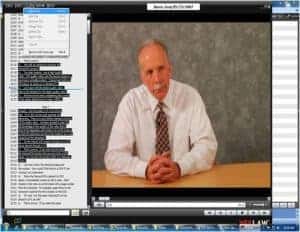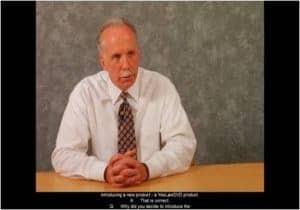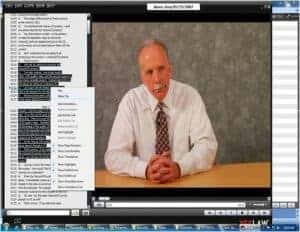When my son was in 4th grade, I had the opportunity on Career Day to present to his class a snapshot of court reporting. I gave a slide presentation on the careers of official reporters, freelance reporters and closed captioners.
The slideshow explained the different aspects of court reporting and how important we are to the legal process. I also showed a YouTube video produced by Lisa DiMonte and Dawn Hart that explained that court reporting was just like playing the piano — when you stroke the keys on the steno machine, they represent different letters; whereas on the piano, they represent different notes.
I then handed out a steno keyboard chart to the entire class and explained to them exactly how we write words. The students then formed their own words on their own “court reporting machine.”
I brought in my very first steno machine and showed them how stenography had evolved from a manual machine, which was paper driven, to a new-generation paperless machine that is connected to a laptop. I then began to write realtime for the class. I couldn’t believe the excitement from the kids! They thought it was so cool! As the teacher started speaking to the class, I followed along in realtime.
The students were amazed! During the week that followed, parents of the kids approached me at different times and told me that their children loved learning about court reporting — how fascinating it was to them! This was an incredibly rewarding experience for me and, of course, my son was so proud of his Mom.



